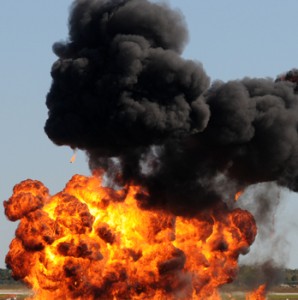As low crude prices continue to ravage the industry, the latest victims may be the man camps throughout the Bakken. These camps that have housed thousands are slowly emptying, and some are folding for good.
Read about Bakken Housing, Lodging, Hotels, & Man Camps
Man camps provide temporary employee housing to oilfield workers and have been a prominent feature dotting the landscape since the oil boom brought an influx of people to the region. These camps often provide dining, laundry, and recreational facilities and were given as a perk when things were hopping. But with energy companies tightening their belts, providing housing for workers is quickly on the chopping block for some companies. Instead of offering these perks, some employers are asking workers to cover their own rent, clothing, and transportation.
“Jeff Zarling, president of Williston (N.D.)-based Dawa Solutions Group told Bloomberg, “It was a necessity of recruiting. But today, what we’re seeing is companies want to get out of the housing business.”
Several companies have recently announced intentions to get out of the man camp business including Capital Lodge, one of the largest man camps in the Bakken that has plans to downsize and become a commercial hotel-style operation. Civeo Corp reported an 89% decline in their share price this year. The company slashed its workforce on Monday and said revenue could fall by a third.
Read more at bloomberg.com





